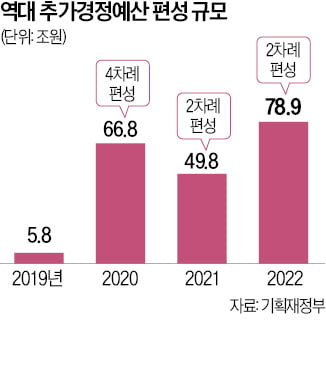[키워드로 읽는 국제경제] 'Interest rate'
-
기사 스크랩
-
공유
-
댓글
-
클린뷰
-
프린트
The European Central Bank Thursday slashed its key interest rate by half a percentage point in an effort to boost Europe's struggling economy and counter the euro's rise.
The euro surged,however,and businesses and consumers showed little appetite for spending more, raising doubts about what it will take to stimulate the world's second-largest economy.
Many economists said that, at the very least, further cuts would be needed.
Wim Duisenberg, the ECB's president, didn't rule out that prospect but tried to play it down.
"I have no expectation. I have no bias" Mr.Duisenberg said.
"We will monitor the situation and will act, if you want to hear the word, appropriately when the time is right"
He said the ECB had "not exhausted our room for maneuver".
Still, not even more rate cuts may be enough to encourage enough spending to overcome high unemployment rates and other bleak economic news across the euro zone, and in Germany in particular.
Economic data Thursday showed the euro-zone economy's gross domestic product was flat in the first quarter this year compared with the end of last year, and the European Union's executive body, the European Commission, said it expects growth between zero and 0.4% in the second and third quarter.
( THE WALL STREET JOURNAL 6월 6일자 'ECB's Half-Point Rate Cut Fails to Halt Euro's Surge )
유럽중앙은행(ECB)은 지난 목요일(5일) 경기를 부양하고 유로화 가치 상승에 대응키 위해 기준 금리를 0.5%포인트 낮췄다.
그러나 유로화 가치는 상승했고 기업들과 소비자들은 추가 지출에 대한 의욕을 보이지 않았다.
(금리 인하만으로) 세계에서 두번째로 큰 이 지역의 경제를 회복시킬 수 있을지에 의문을 던져준 것이다.
많은 경제학자들은 최소한 추가 금리 인하가 필요하다고 지적했다.
빔 뒤젠베르크 ECB 총재도 추가 금리인하 가능성을 배제하지 않았다.
뒤젠베르크 총재는 "(금리 추가인하 여부에 대해) 예정한 바 없지만 편견도 없다"고 말했다.
그는 "금리의 추가 인하 시기는 상황을 예의주시한 후 결정될 것"이라며 "금리를 내릴 여지는 있다"고 말했다.
그러나 추가 금리 인하도 유로지역, 특히 독일의 높은 실업률과 각종 경제 현안 해결에 필수적인 소비와 투자 확대를 유도하기에는 충분치 않을 것 같다.
유로지역의 올 1ㆍ4분기 국내총생산은 지난해 말에 비해 크게 나아지지 못했다.
2ㆍ4분기와 3ㆍ4분기 성장률도 제로에서 0.4% 수준에 그칠 것이라고 유럽연합 집행위원회는 예상했다.
-----------------------------------------------------------------
[ 금리, 물가ㆍ개인소비지출에 큰 영향 ]
tips =세계 경제 회복이 지연되면서 금리가 주요 관심 대상이 되고 있다.
금리 수준에 따라 물가는 물론 개인 소비지출과 기업 투자가 영향을 받기 때문이다.
'interest'는 '이자'다.
따라서 'interest rate'는 '이자율' 또는 '금리'로 번역된다.
금리는 자본주의 경제 시스템에서 핵심 변수중 하나다.
연관된 표현들도 그만큼 다양하다.
'interest burden(이자부담)' 'interest spread(가산금리)' 'benchmark interest rate(지표금리)' 등이 그 예다.
김동윤 기자 oasis93@hankyung.com

